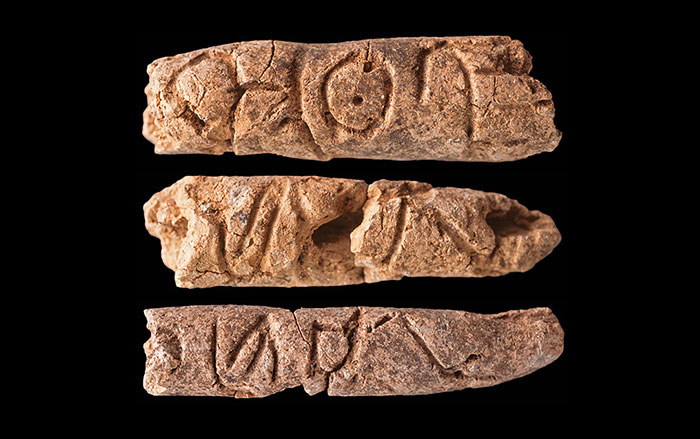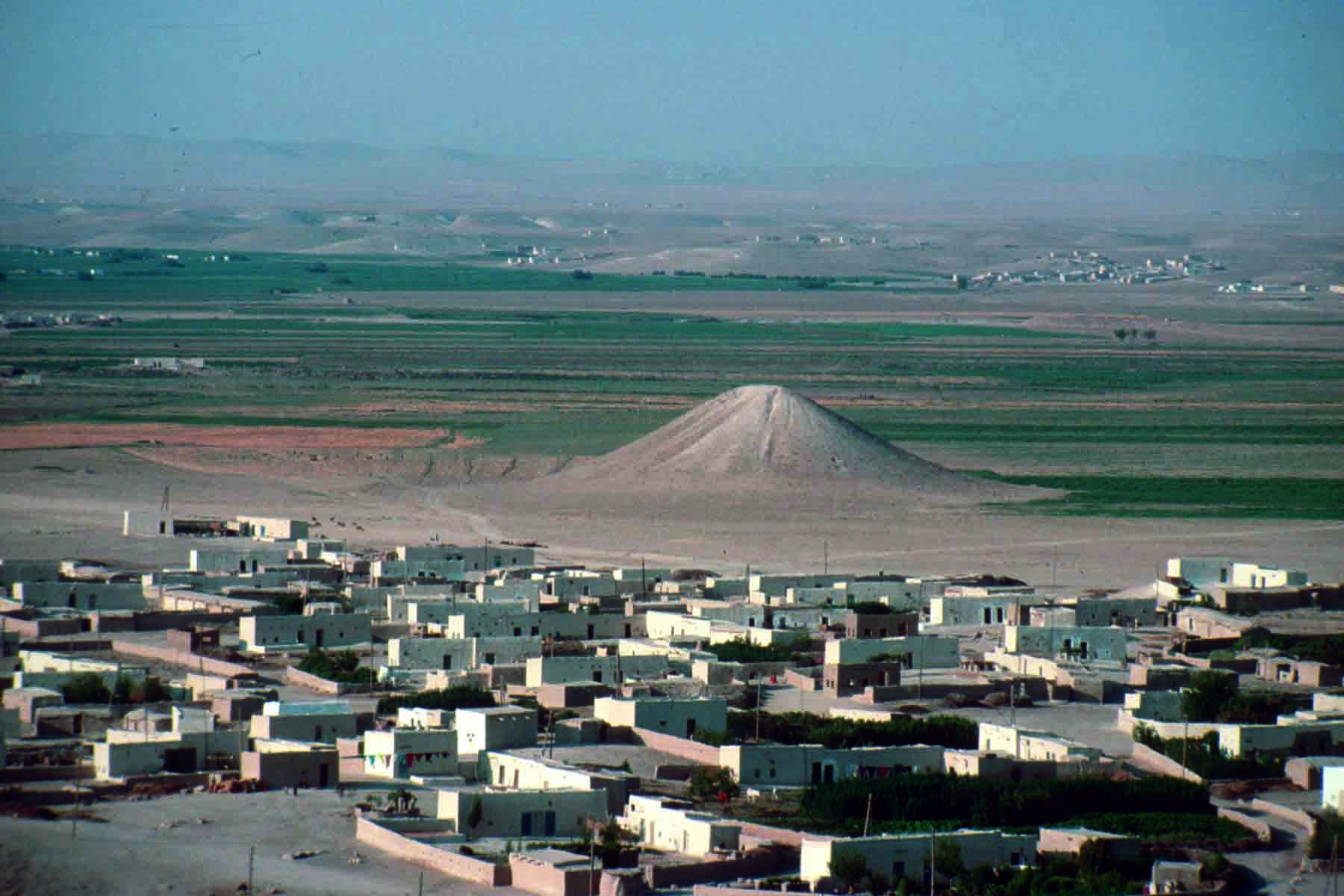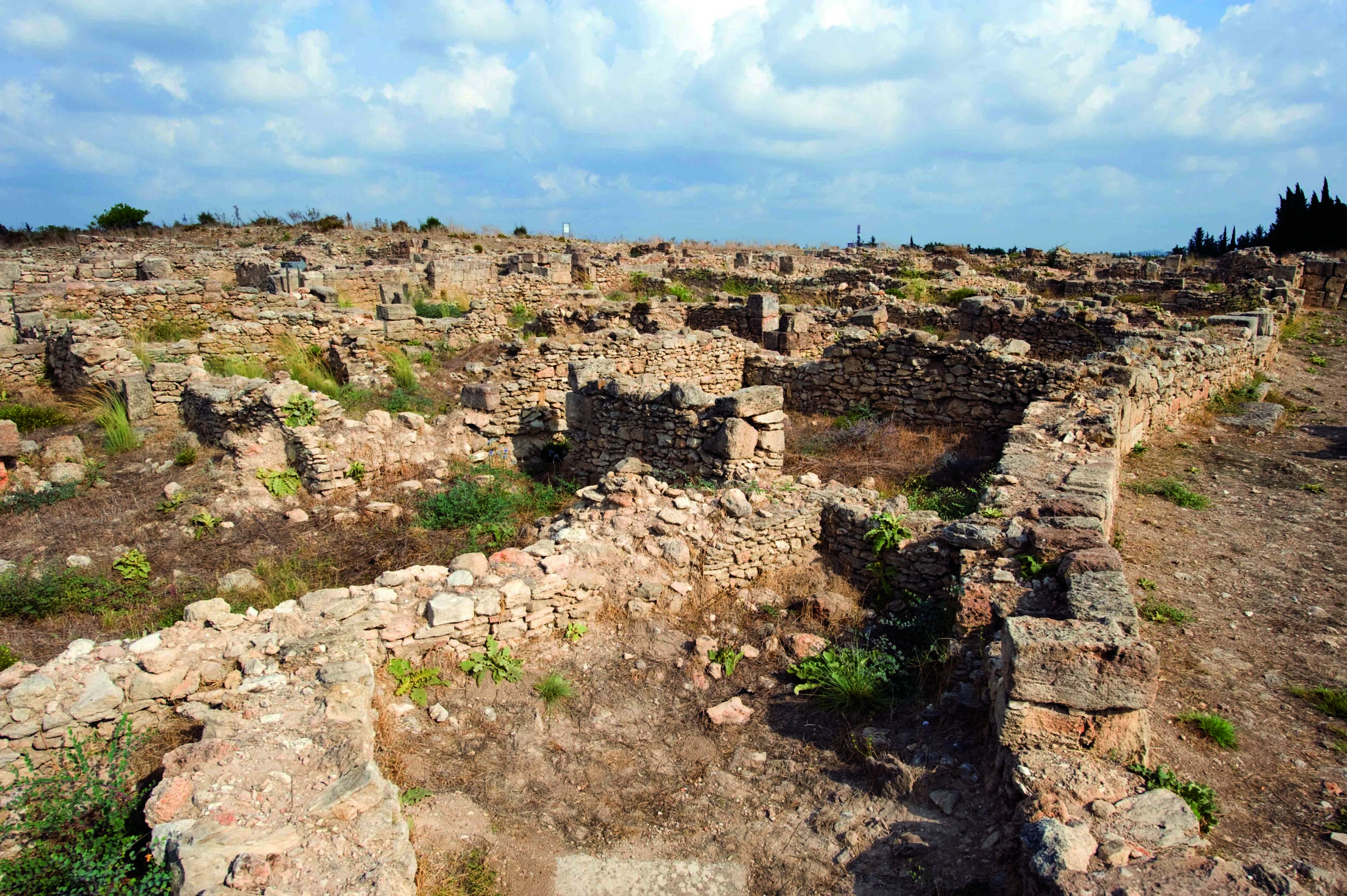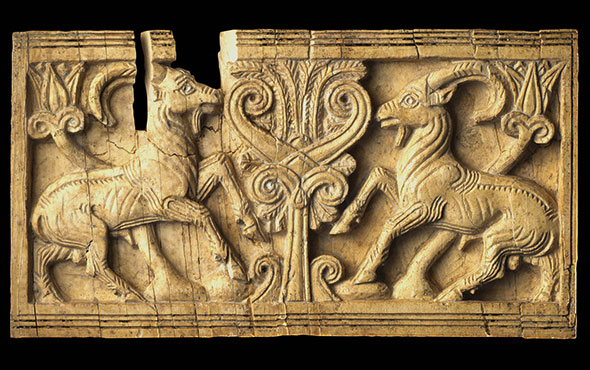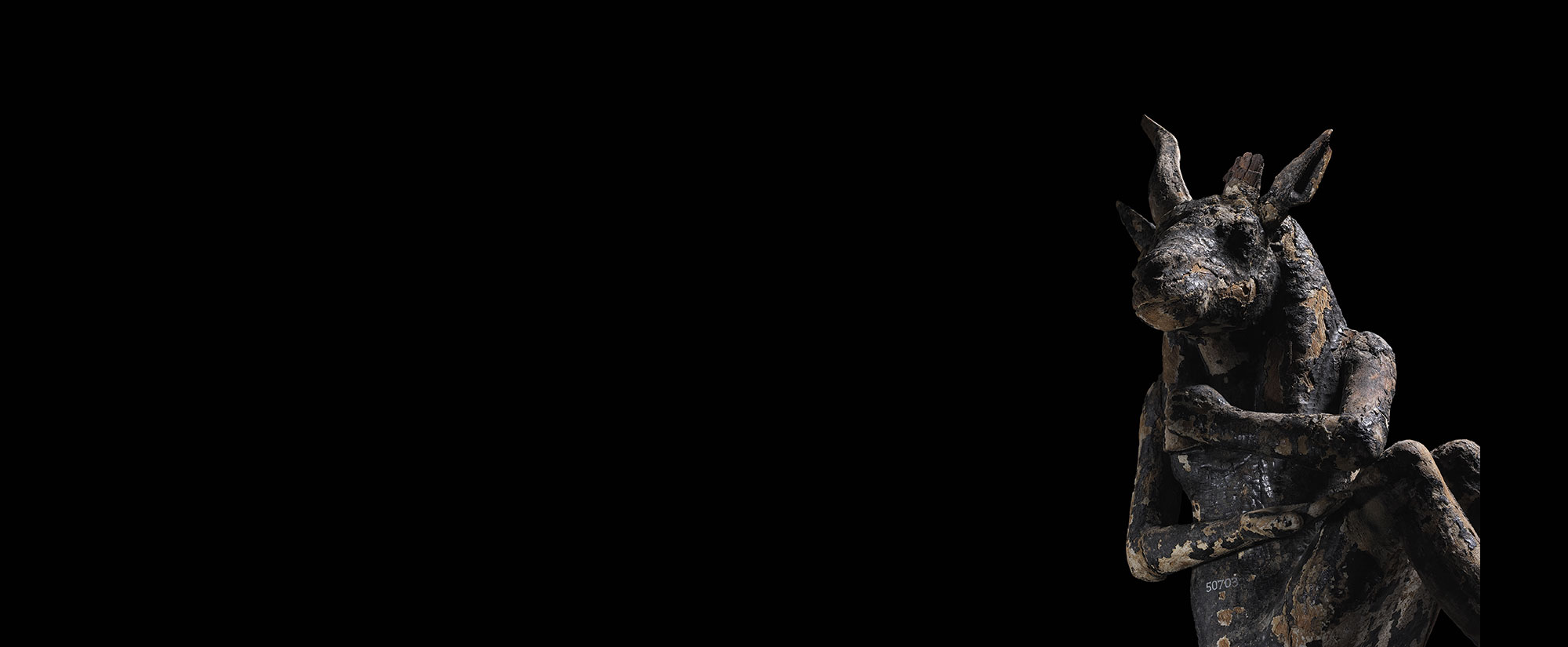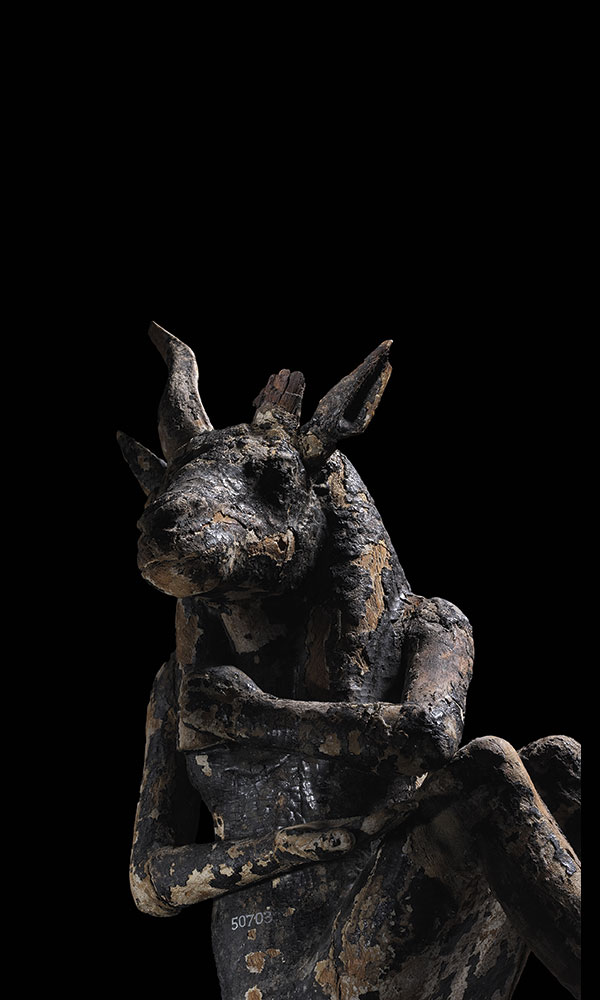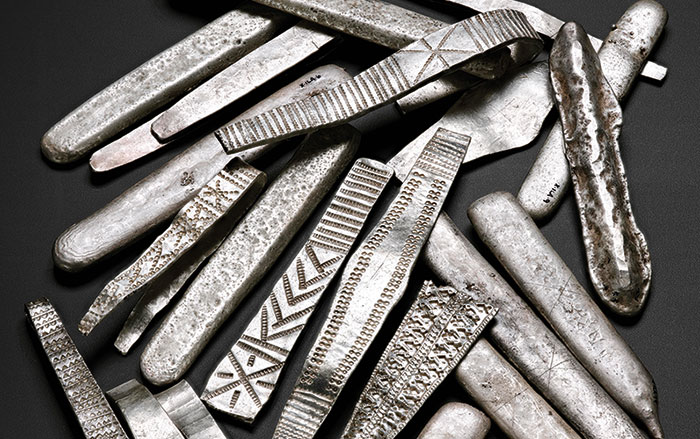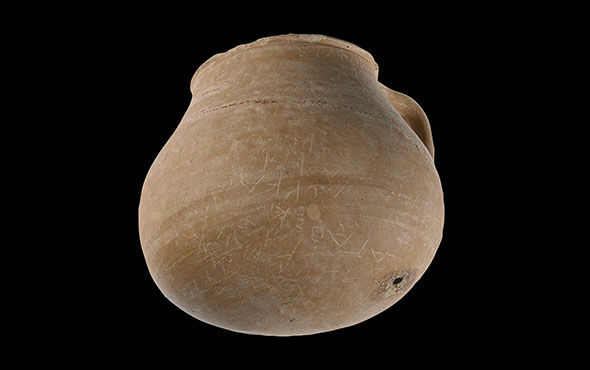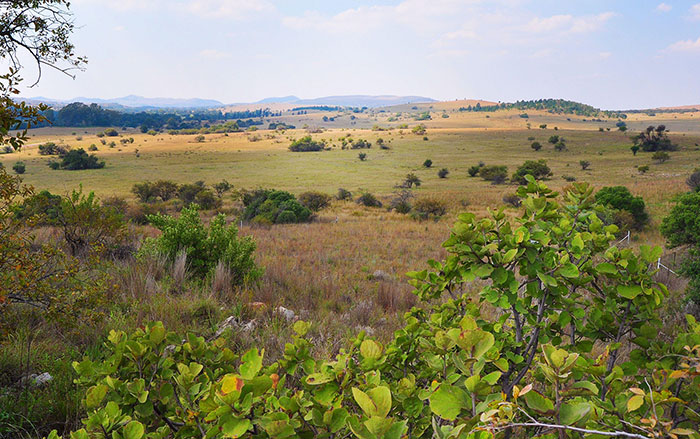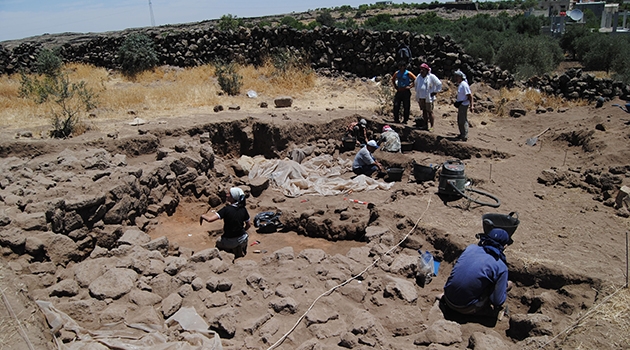
UPPSALA, SWEDEN—According to a statement released by Uppsala University, archaeogeneticist Cristina Valdiosera of the University of Burgos and her colleagues recently attempted to extract DNA from the remains of 14 people unearthed at Syria’s Neolithic site of Tell Qarassa more than 10 years ago. DNA was only preserved in two of the sets of remains, which were radiocarbon dated to the late seventh and early eighth centuries of the Umayyad era. The scientists then reassessed the burials, and found that they were consistent with early Muslim burial practices. Megha Srigyan of Uppsala University said that the genetic analysis indicates that the genomes of the two people were more similar to modern Bedouins and Saudis than people who live in the Levant today. The data, when taken together, suggests that the man and woman may have been members of a traveling group of early Muslims, population geneticist Torsten Günther of Uppsala University concluded. Read the original scholarly article about this research in Communications Biology. To read about a funerary wand from Tell Qarassa that dates to the late ninth millennium B.C., go to "Artifact."


